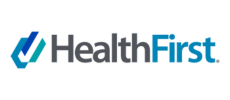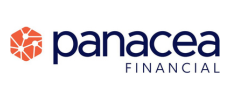NYSDOH Highlights Men's Health Month
Per the notice below, the New York State Department of Health (NYSDOH) is highlighting Men's Health Month.
New York State Department of Health Urges Men to Prioritize their Health During Men's Health Month
Department Recommends Regular and Proactive Cancer and Diabetes Screenings, Healthy Lifestyle Choices for Men
The New York State Department of Health recognizes Men's Health Month during the month of June and urges men across New York to practice preventive health care, rather than waiting for a medical issue to arise. Having a primary care provider and getting regular medical examinations, including cancer screenings, as well as following a healthy lifestyle, are key components of preventive care that can lead to better health outcomes.
"Often times men only seek medical care when symptoms arise and are reluctant to practice preventive care until something goes wrong," State Health Commissioner Dr. James McDonald said. "This strategy is unwise for both your physical and mental health. While I recommend this advice for all New Yorkers, I strongly encourage all men to follow recommendations for regular cancer screenings and guidelines for a healthy lifestyle, like not smoking, eating a colorful variety of fruits and vegetables, and whole grains, while avoiding over-indulging on sweets and alcohol. Being physically active on most days of the week is also one of the most important things everyone can do to stay healthy. Don't wait for the check engine light to come on, start prioritizing your health now."
Some types of cancer are more prevalent among men than women. Colorectal cancer is more common in men, and men are less likely than women to be up to date with colorectal cancer screening. The risk for colorectal cancer increases with age, family history, obesity, diet, smoking, and heavy alcohol consumption. Men who eat a lot of ultra-processed foods, such as ready-to-eat items and sugary drinks, are 29 percent more likely to develop colorectal cancer compared to men who eat this type of food less frequently. Regular screening can improve survival rates by detecting and removing polyps before they become cancerous. Screening can also find colorectal cancer early, when treatment works best. The New York State Cancer Services Program (CSP) offers free colorectal cancer screening and diagnostic service to those who are eligible. To find the nearest CSP, visit here or call 1-866-442-CANCER (1-866-442-2262).
Prostate cancer occurs mainly in older men, with roughly two-thirds of cases diagnosed in men aged 65 and older. The disease is also more prevalent in Black men than in White men, with Black men 1.5 times more likely to get prostate cancer and almost twice as likely to die of the disease compared to White men. Men whose close relatives, such as a father, brother, or son, have had prostate cancer are also more likely to develop the disease. The New York State Peer Education, Outreach, and Shared Decision Making for Persons at High Risk of Prostate Cancer Program provides peer education, personalized coaching, linkage to community services to address barriers to health care, and referral to health care providers to discuss screening with a focus on reaching Black men to help address this disproportionately high burden of prostate cancer. The New York State Medicaid Cancer Treatment Program provides prostate cancer treatment coverage to eligible uninsured individuals.
These steps may help reduce the risk of developing cancer and diet-related chronic diseases such as diabetes and heart disease, the leading cause of death for men in the United States:
- Choose a healthy diet that is rich in vegetables, fruits, and whole grains, and eat less red and processed meats, such as bacon, sausage, and luncheon meat.
- Be physically active. Adults need at least 150 minutes of moderate-intensity aerobic activity, like brisk walking, or biking each week. Adults also need muscle-strengthening activity, like working with resistance bands or doing wall push-ups, at least two days each week. Aerobic activity also benefits overall brain health and reduces the risk of cognitive decline.
- If you smoke, quit, or at least keep trying to quit. Contact 1-866-NYQUITS (1-866-697-8487), text 716-309-4688, or visit the NYS Smoker's Quitline. Protect yourself and your loved ones from exposure to secondhand smoke.
- Be aware of family medical history and discuss concerns with a health care provider.
- Have blood pressure checked regularly.
- Talk to a health care provider about being tested for diabetes.
- Limit alcohol intake.
- Learn ways to cope with stress and lower stress levels.
- Discuss and get recommended cancer screenings with a health care provider.
Men are also more likely than women to be diagnosed with melanoma, the deadliest type of skin cancer and are more likely to die from melanoma than women. The risk also increases with age, especially for men over age 50. The best way to lower the risk of developing skin cancer is to avoid exposure to ultraviolet (UV) radiation, which can come from natural light, even on a cloudy day, and from indoor tanning devices.
Type 2 diabetes is another disease that can disproportionately impact men, and particularly Black and Hispanic men. Prediabetes, in which a person's blood sugar level is higher than normal but not high enough to be diagnosed as diabetes, can develop into type 2 diabetes. Information about preventing type 2 diabetes by participating in a lifestyle change program is available through the National Diabetes Prevention Program | National Diabetes Prevention Program | CDC.
Mental health is another health concern for men that often goes undiagnosed. The American Foundation for Suicide Prevention cites Centers for Disease Control and Prevention (CDC) Data and Statistics for 2022 that show the rate of suicide in the U.S. is highest in middle-aged white men, with men dying by suicide nearly four times more often than women. Suicide is often preventable and knowing the warning signs such as talking about being a burden, or being isolated, can help save lives. Left untreated, mental health disorders can also lead to high-risk behaviors including substance abuse, gambling, and other forms of addiction. For anyone in crisis or in need of immediate help, the National Suicide Prevention Lifeline provides free services in English and Spanish 24 hours a day, seven days a week by dialing 988. Chat services are also available at https://988lifeline.org/chat/. Additional information to help to prevent suicide and self-harm is available here.
Excessive alcohol use is a risk to men's health. In New York State, men are more likely than women to drink excessively in the form of binge drinking (20.7% vs 12.9%), and nearly two-thirds of deaths from excessive drinking are among males, totaling more than 5,200 deaths each year. Alcohol is associated with injury and other harms. Men are more likely than women to have been drinking prior to suicide and have higher rates of alcohol-related hospitalizations. More information on alcohol prevention and treatment services is available from the New York State Office of Addiction Support and Services.
Additional information and resources about men's health can be found here.


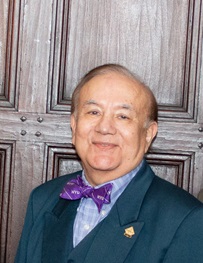
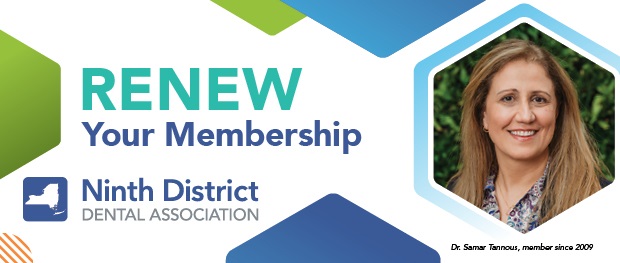
.tmb-rotator.png?Culture=en&sfvrsn=e3185440_1)
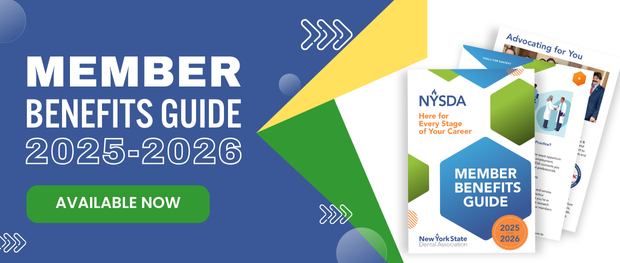
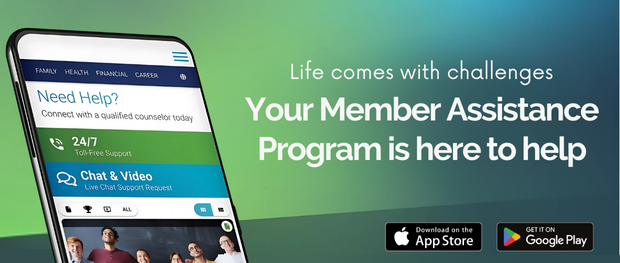




.png?sfvrsn=4447de7f_1)





